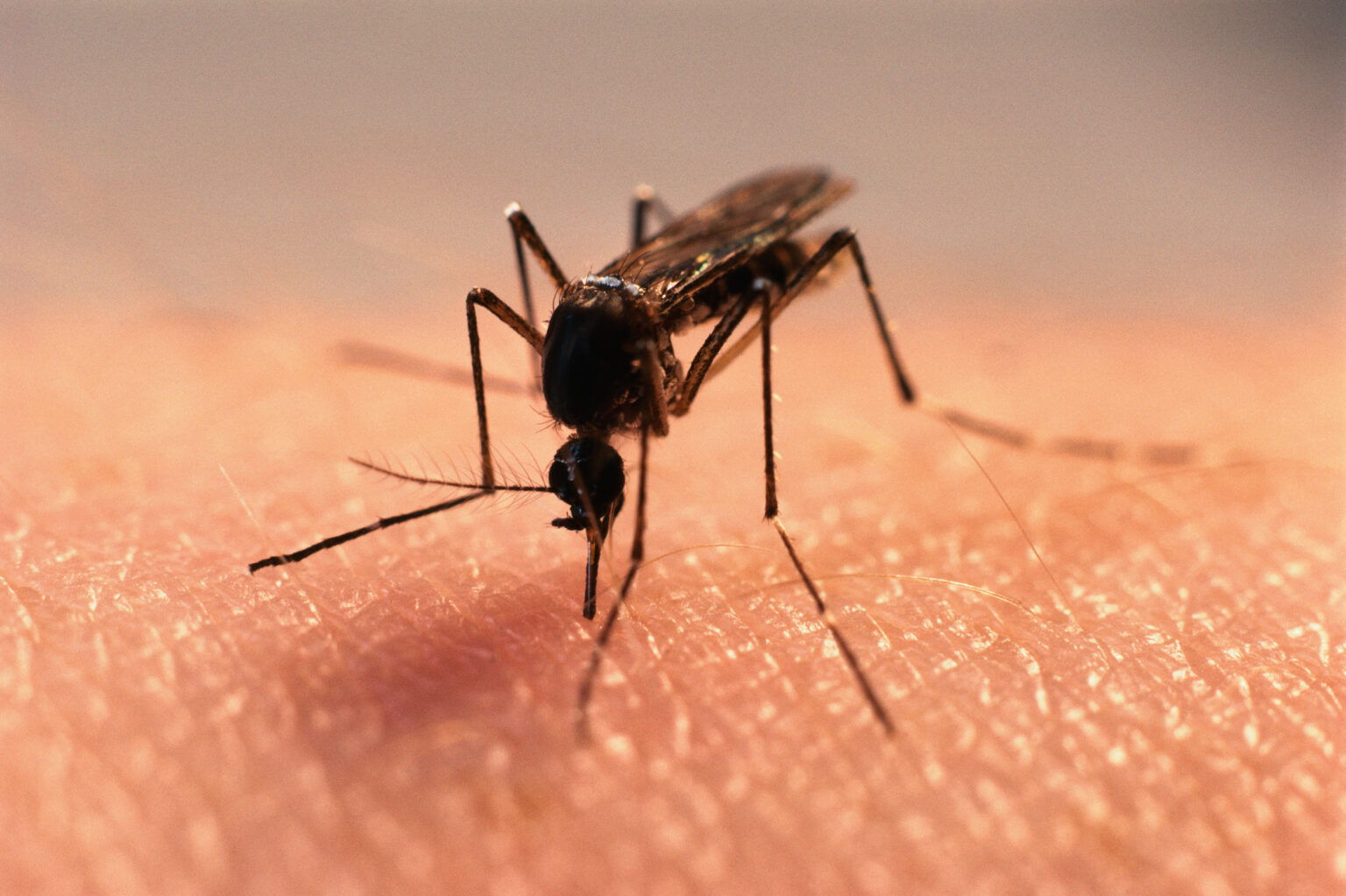South Carolina health officials recently reported the first death in over two decades from Eastern Equine Encephalitis (EEE), a rare but serious disease that is spread by infected mosquitos.
Why It Matters
The U.S. Centers for Disease Control (CDC) advises that EEE is rare but serious if contracted, with approximately 30 percent of people who develop severe symptoms of the disease dying, and many survivors still suffer from ongoing neurological problems.
Symptoms of EEE can include fever, headache, vomiting, diarrhea, seizures, behavioral changes, and drowsiness.
The government agency says that only a few cases are reported in the country each year, with most cases occurring in eastern or Gulf Coast states.
There are currently no vaccines to prevent or medicines to treat the virus, according to the CDC.
What To Know
Beaufort County officials informed the South Carolina Department of Public Health on Friday that an individual had died from EEE, marking the first death in the state from the disease since 2003.
The county put a notice on its government website assuring residents that the county’s Mosquito Control “routinely tests mosquitos throughout the county, checking for the presence of mosquito-borne viruses that can be transmitted to humans through mosquito bites.”
“Beaufort County has been consistently conducting spray missions throughout the County via truck and aerial applications,” the notice stated.
Due to privacy restrictions, the county did not provide any information about the deceased, including their age or sex, among other information.
No infected mosquitos have been detected near the site of the infected person, but 10 EEE-positive horses were identified in several counties over the summer, according to local news station WJCL.
The county noted that the virus cannot spread from person-to-person, only from insect to human. However, once infected, the virus can cause neurological symptoms due to inflammation or damage to the brain or lining of the brain and spinal cord, known as meningitis.
How to Prevent Potential Exposure from Eastern Equine Encephalitis
In order to limit or prevent potential exposure, people are advised to follow the seven Ts:
- Tip over anything that can old water
- Toss any unwanted yard items that may collect water
- Turn over items that hold water like children’s pools
- Tighten tarps over items like boats and pools where water can gather
- Take care to clear out debris from ditches and drains and gutters
- Treat items that be drained with mosquito control products
- Talk with neighbors about reducing mosquito presence in the home and neighborhood.
What Happens Next?
Beaufort County has advised residents to remain alert to potential issues with mosquitos, which proliferate in areas with water standing for five days or more.
Read the full article here


